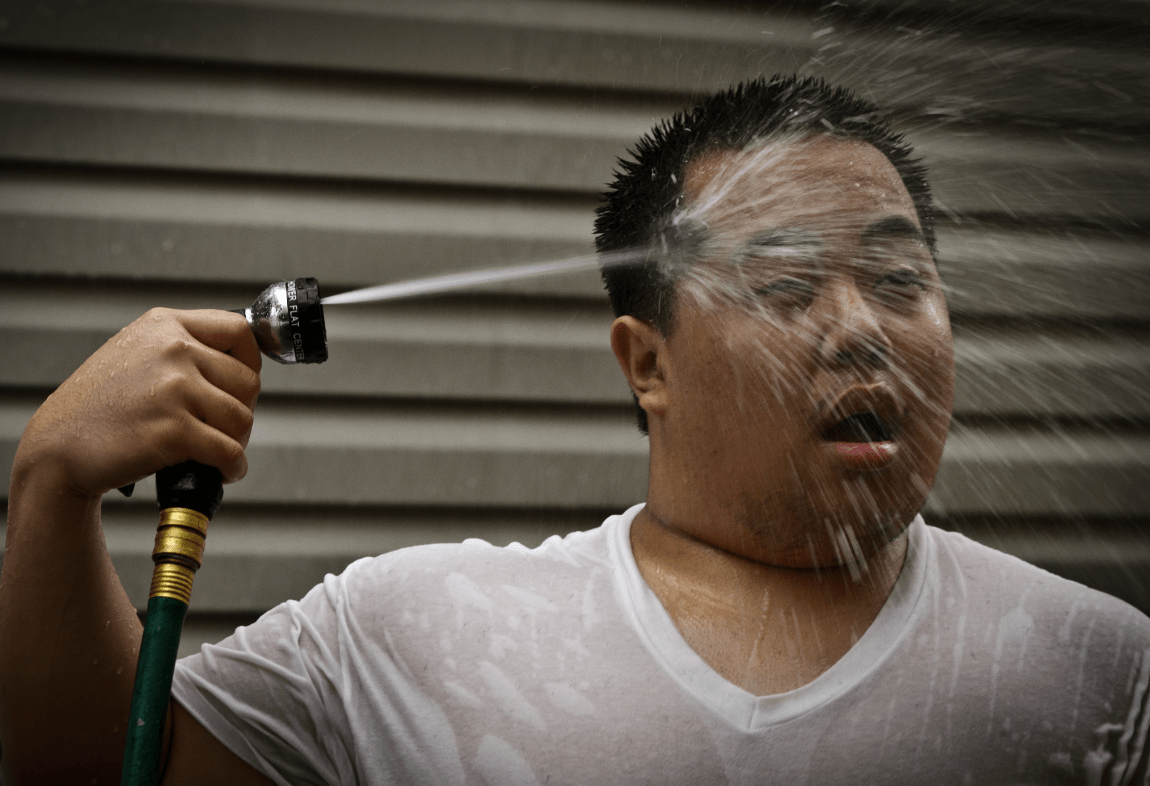PBS NEWS HOUR – Around the world, communities have been contending with record-breaking heat waves and the life-threatening dangers that go along with them.
With long-term average temperatures on the rise, and summers getting progressively hotter in many places, the challenge of keeping people safe under extreme heat – and its comparably nefarious cousin, high humidity – will only grow more dire.
“It’s not cooling off anytime soon,” said Heidi Brown, associate professor of public health at the University of Arizona. Not too far away, in Phoenix, daily temperatures have reached at least 110°F for more than three weeks straight.
Heat stroke, heat exhaustion and heat cramps all fall under the category of heat-related illnesses. In some cases — and always in the case of heat stroke — these conditions require emergency medical attention. According to the National Weather Service, extreme heat is the top weather-related cause of death in the U.S.
Anyone can be affected, but people who are socially vulnerable — including those who are elderly, unhoused, working outdoors, incarcerated or low-income — are at particular risk.
Diana Hernández, an associate professor of sociomedical sciences and co-director of the Energy Opportunity Lab at Columbia University, said:
“We know that there’s this kind of strong relationship between poverty and poor health. And so you have folks that are already compromised in their health status — you need cooling to be healthy and, in some cases, stay alive.”
As warm-blooded mammals, our bodies must maintain a constant temperature, said Chris Uejio, an associate professor of geography at Florida State University. That temperature typically hovers somewhere between 97 and 99 degrees Fahrenheit.
“When our environment becomes hotter than our internal core body temperature, and/or we’re creating heat from metabolic activities, our body temperature will rise,” Uejio said.
If the brain senses too much heat in the body’s core, a couple different systems can kick in to cool it down … READ MORE.



